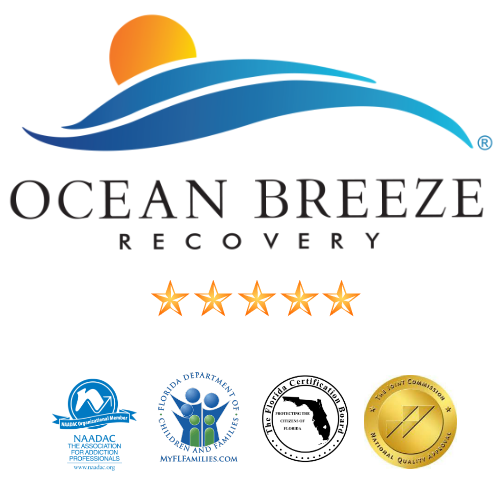Rehab Centers Myths: Cutting Through the Lies so Addicts can get the Help they Need
There doesn’t seem to be a day that goes by without hearing about one celebrity or another checking into a rehab center for drug addiction. Pop culture and the media often glorify addiction, which only leads to an increase in drug use. Addiction isn’t merely something that only celebrities deal with. In fact, it is estimated that 23 million people are battling addiction of some kind. However, there are also a variety of rehabilitation centers and websites, like Recovery UK, that are willing to help and give their services to people who are battling their addictions and lead them to the path of recovery.
Myth: Rehab and treatment centers cure addicts of their addiction.
Truth: While treatment centers are vital in helping the addict get clean, they are not a cure all for this deadly disease. Because it is a chemical dependency, addiction is a permanent problem and the addict will battle their entire life to stay sober and clean. This is why it is called being in recovery and not cured. A former addict cannot take drugs only once without the high probability of relapsing completing.
Myth: The person must hit rock bottom before seeking help at a rehab center.
Truth: This is a dangerous myth that can cause addicts to wait until seeking help. However, a lot of addicts won’t even consider the idea of entering a treatment center until they have crashed so hard that there is nothing left. But there is no reason why an addict should wait until they reach this point, especially if they are wanting help with their addiction. According to multiple studies, an addict who receives treatment sooner rather than later actually have a higher probability of staying clean than those individuals who wait to get professional help.
Myth: Addicts must have the desire to get help in order to be successful.
Truth: This is one of those half-truths since, in most instances, the addict (especially if they are an adult) cannot be forced to go. That doesn’t mean, however, that they have to be gung-ho to start the process. Rehabs are filled with highly qualified counselors that know how to properly deal with the addict’s denial. Studies have shown no major difference in the recovery rates of addicts who want to go and those who are not as keen on getting the help they so desperately need.
Myth: Only weak people seek help for their addiction.
Truth: This myth is not only silly it is dangerous. Making addicts think that they are weak if they want help could cause them to never get life-saving treatment. It actually takes a lot of strength for addicts to admit they need help. And since addiction causes physiological changes to the brain, the addict will have to fight against their cravings and desires just to admit they need help. Willpower itself is not enough to work through the addiction and the person will need the help of professionals to get clean and stay that way.
Myth: If they really want to, addicts can quickly get over their addiction.
Truth: There are no shortcuts to recovery and when people spread this lie they are harming not only the addicts but the rehab centers as well. Studies show that addicts who maintain treatment for at least a year have a higher chance of staying clean. That is why long term treatment centers are better than short term ones.
Myth: Addicts will lose their job if they take time off for treatment.
Truth: This myth is nothing but a complete lie. Two laws exist that essentially help addicts keep their jobs if they are getting help from a treatment center. These federal legislations state that the employer will hold the job for them while they are undergoing treatment.
Myth: If they have a relapse, the addict will have to start over from scratch.
Truth: During the long road to recovery, it is not uncommon for mistakes to happen and the addict to relapse. However this doesn’t mean that they have to go back to the beginning and start all over again. With the help of professionals, the recovery addict is more equipped to handle relapses and get back on the right track to living a life without the need or want of drugs.



